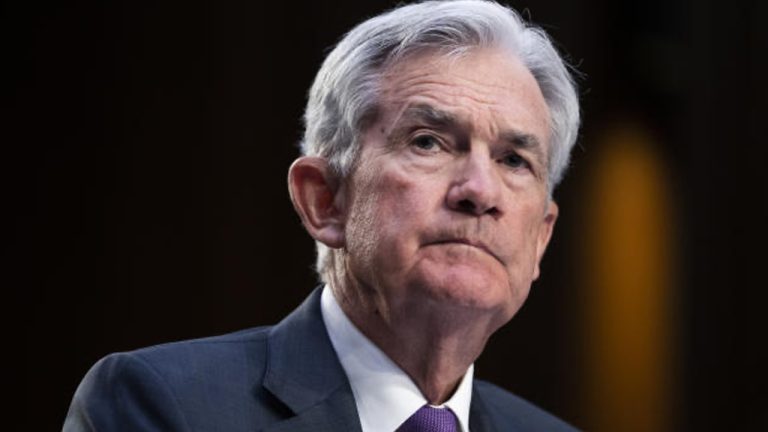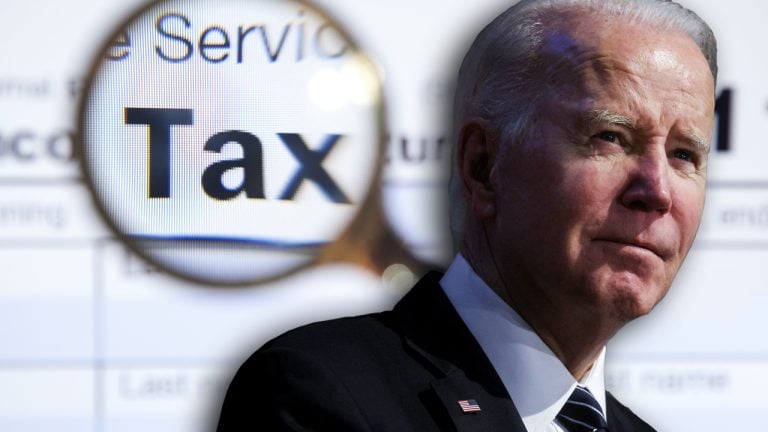
The Deputy of Indonesia’s Ministry of Tourism and Creative Economy explains how NFTs and cryptocurrency can help solve social and economic challenges within Indonesia.
One of the primary benefits of blockchain technology is the ability to record and capture information in a permanent, tamper-proof record. Once data is on a blockchain network, it cannot be altered, making it an ideal solution for record-keeping.
Tokenized assets, such as nonfungible tokens (NFTs), can also be placed on a blockchain. This can verify ownership while demonstrating that certain events occurred at particular times. For example, the Meta History Museum tokenized data from the war in Ukraine in May 2022, placing the information on a blockchain network to preserve records of the war.
Ensuring that specific events take place is also becoming more important than ever due to the rise of artificial intelligence (AI) and its ability to generate deep fakes, along with historical images that may appear realistic.
NFTs for preserving cultural heritage
Preserving information using decentralized technologies is gaining traction. For instance, Muhammad Neil El Himam, deputy chairman for digital economy and creative products in Indonesia’s Ministry of Tourism and Creative Economy, told Cointelegraph that he recently formed a partnership with Quantum Temple — a privacy company using NFTs for preservation — to help maintain the country’s cultural heritage. Himam explained that NFTs could ensure that heritage can be preserved and created without limits:
“I believe that NFTs can contribute to preserving Indonesia’s cultural heritage while enhancing virtual tourism. NFTs may also be a medium in ushering in the next billion users into the crypto space, especially if the NFT elements of the cultural heritage are well-known and appreciated.”
Linda Adami, CEO of Quantum Temple, told Cointelegraph that her firm developed a multichain NFT marketplace to bring cultural heritage and tourism to the Ethereum and Algorand blockchain networks. Adami explained that the platform is working closely with Indonesia’s Ministry of Tourism and Creative Economy to tokenize tangible and intangible cultural heritage as unique digital assets.
Recent: The secret of pitching to male VCs: Female crypto founders blast off
“Digital representations include traditional ceremonies, craftsmanship, and knowledge of nature and our universe, but also musical and oral expressions, dances and pilgrimages. By tokenizing cultural heritage, three critical areas of value are created: immutable archives of culture, transparent alternative income streams through royalties, verified provenance and recognition for cultural creators,” she stated.
On March 21, 2023, Quantum Temple launched its “Paths to Alangö” NFT collection at L’Atelier des Lumières in Paris, France, during Paris Blockchain Week. “The collection includes 11 unique NFTs that represent different aspects of Balinese cultural heritage, such as dances, temples, landscapes and philosophy. The NFTs are created by local artists and cultural heritage experts,” Adami said.

Adami said that technological innovations such as blockchain could play a significant role in addressing key challenges within a country’s cultural sector.
“Authenticity and quality are fundamental to cultural heritage’s tangible and intangible value. Blockchain can be used to create an immutable and invaluable record that recognizes authorship and guarantees the authenticity and provenance of creative assets,” Adami remarked.
Harry Halpin, CEO and co-founder of decentralized privacy platform Nym, told Cointelegraph that documenting things like cultural artifacts is becoming critical to prevent manipulation. According to Halpin, blockchain technology is one of the best ways to ensure this, noting that Nym has been working with the decentralized storage provider Filecoin to document war crimes on its blockchain network.
With this potential in mind, Himam believes that it is highly likely other regions will incorporate blockchain elements in the future. “Indonesia is just one example of many developing countries that have begun to explore the potential of these technologies,” he said.
Challenges remain
While tokenized digital assets could be a solution for preserving important information, regulatory and technical challenges may hamper adoption. For instance, while Himam is bullish on blockchain technology, he noted that regulatory uncertainty within the region might create friction.
Himam said that Indonesia’s Commodity Futures Trading Regulatory Agency controls how blockchain technology is applied domestically. “Crypto assets are categorized as a commodity that can be used as the subject of futures contracts traded on an exchange,” he said. However, he added that as Indonesia begins to implement more blockchain use cases, the government will start to establish clear regulations and policies on how decentralized technologies could be applied.
It’s also notable that Indonesia’s national crypto exchange is scheduled to be completed in June 2023. According to Himam, Indonesia is showing clear interest in cryptocurrency adoption. “The country has created regulations around cryptocurrencies and is encouraging their use,” he said.
Recent: Adoption and nerves — Crypto pumps amid banking crisis
However, Indonesia’s technical infrastructure could create challenges for projects using decentralized networks. Himam pointed out that blockchain-based technologies require specialized infrastructure, such as digital wallets, which may not be widely available in certain areas in Indonesia. This, coupled with the fact that most Web3 projects require skilled professionals, could result in slow regional innovation.
Despite the challenges, Quantum Temple’s Adami believes that Asian institutions may be the furthest along in understanding blockchain-based use cases. “The Indonesian Ministry of Tourism and Creative Economy leadership understands how NFTs could offer a new funding model for the cultural and creative sector while also protecting the intellectual property rights of artists,” she remarked.









